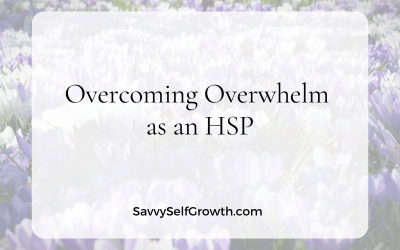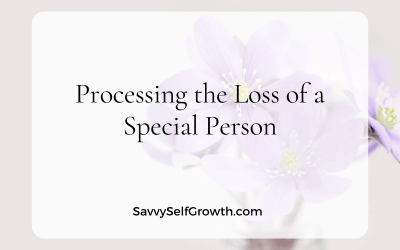 “When we tap (EFT), why do we use words about the thing we don’t want, instead of what we DO want? It feels like it reinforces my fear!”
“When we tap (EFT), why do we use words about the thing we don’t want, instead of what we DO want? It feels like it reinforces my fear!”
This is a great question and I hear it often.
When we use EFT tapping, we tune in to a problem we experience while we tap on specific stress-relief points on the body. We use language (words) as a reminder to help us stay tuned in.
Humans have monkey minds, and saying the words out loud helps us to stay focused on the challenge long enough so the tapping can do the clearing work.
Why say ‘negative’ words?
First:
No emotion is negative.
We experience emotions about our challenges for good reason. There are no negative emotions. They might feel unpleasant or difficult, and they’re not negative.
Second:
It’s all about congruence.
Say we want a specific outcome like to earn a good living doing what we love, but our current reality is very far away from that. It will simply create resistance in our nervous system when we use the (far-from-the-truth) desired outcome in our tapping.
An example of how to use EFT in this case:
Side of the Hand: “Even though it feels like I’ll never earn enough doing what I love and I’m frustrated/despondent about that, I accept myself anyway”.
Then we use a reminder phrase to help us ‘stay tuned in’ to the challenging feelings (stress/fear/disappointment/aggravation/frustration) of the situation. It might sound like:
“This frustration”
“Feeling despondent”
“Fear in my stomach”
… and so on.
If our fear/stress/frustration about the situation is high, it simply creates more incongruence in the system to say words like:
“I’m convinced I’ll earn enough”
“I’m earning enough”
“Going to earn enough”
That has not been the experience in the nervous system up to now, and that’s why the fear is present.
What we do with EFT
We acknowledge how we are currently experiencing something. We acknowledge and validate our feelings while doing the tapping. Tapping is the instrument that does the cleaning out of old patterns and difficult emotions. Tapping cannot do that if we try to focus on what is not true for us at the moment.
We focus on the ‘problem’ just long enough for the tapping to do the work (calming the amygdala about something). Then, naturally, we won’t want to focus on that anymore because it won’t feel true for us anymore.
It’s a natural process.
When you experience true EFT (not watered-down versions you can find all over the internet), you’ll notice this for yourself. The emotional and cognitive shifts that occur are natural and fast.
EFT is not a way to force affirmations to work.
If we want to use EFT effectively for the Law of Attraction, here’s how:
Say the affirmation and listen internally for the ‘Yes but’ that comes after the affirmation.
For instance:
“I am earning a great living doing what I love.”
Yes But…. “I’ll have to work too hard!”
Yes But…. “Only people who work for big corporates make good money”
Yes but…. “Who will want what I can offer?”
The ‘yes buts’ are the targets for EFT, not the affirmation itself.
Tapping does the clearing work of the blocks that are in the way of the affirmation being true. The blocks are those ‘yes buts’.
Tapping helps us to become congruent with what we do want, by clearing out the emotional dissonance about it. And the way to do it is to briefly focus on that dissonance, while the tapping does its work.




